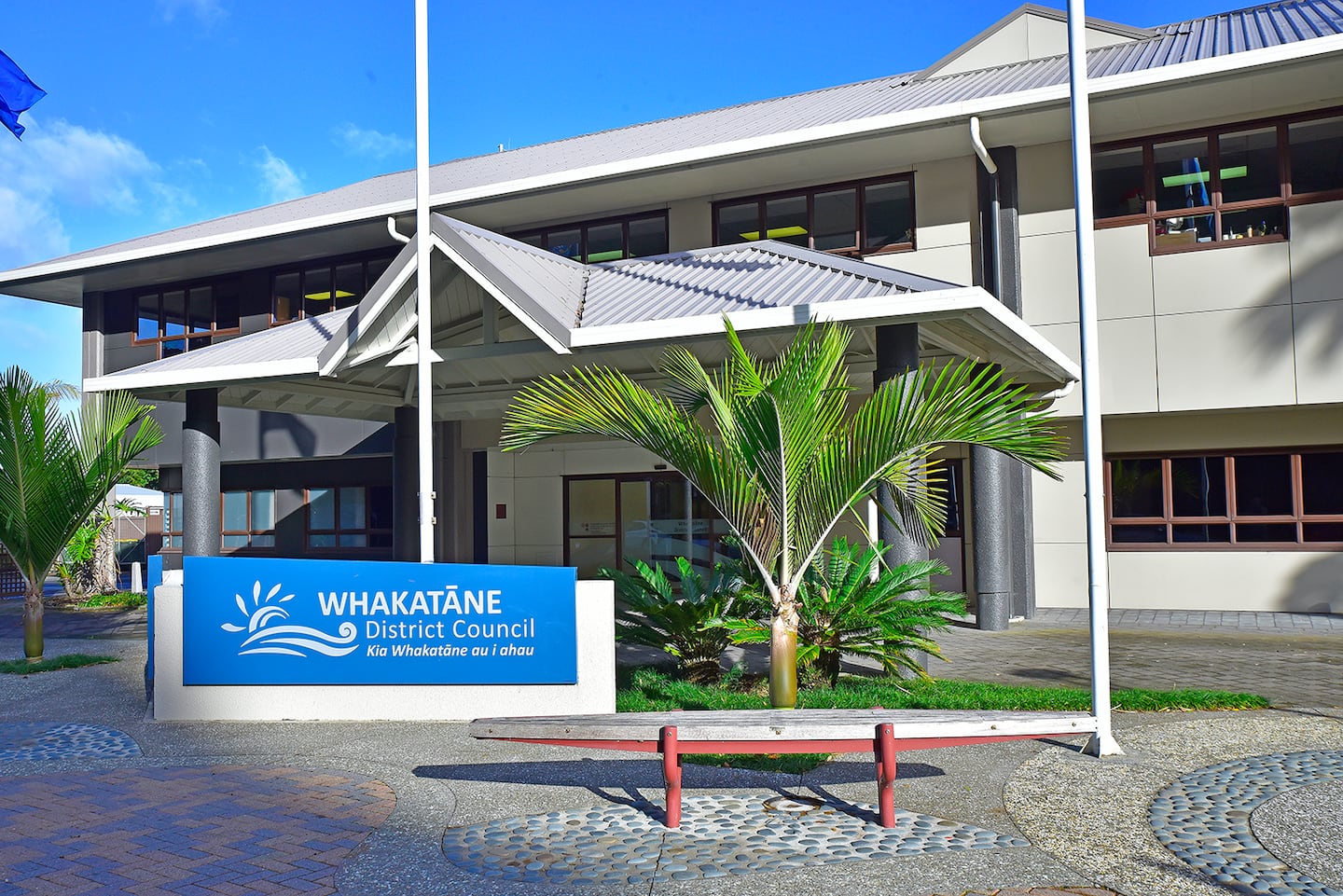Being yelled at for using te reo Māori, accused of racism, and having someone call ‘heil Hitler’ at her - these are just some of the experiences Toni Boynton describes when speaking about her time as councillor.
“I’ve had people come up to me and ask, ‘why have you got that barcode on your face’,” Whakatāne District Council’s Kāpū Te Rangi Māori ward councillor said.
This comment was in reference to her moko kauae.
Boynton said she believes this anti-Māori rhetoric will increase as next year’s Māori wards referendum approaches.
Whakatāne District Council is one of 42 councils that have voted to keep or reaffirm their intentions to form Māori wards.
Kaipara and Upper Hutt are the only two district councils to reverse an earlier decision to have Māori wards, while Tauranga has been granted an extension.
The Whakatāne councils voted unanimously for Māori wards on August 15, with several councillors saying their three Māori ward councillors brought value and insights to decisions.
Kawerau District Council also voted unanimously to reaffirm its decision, made in November last year, to have Māori wards at next year’s local elections.
Both councils will have them for the 2025 to 2028 term, but are required to hold a referendum during the election, in which a simple majority vote – more than 50 percent - will decide the fate of the Māori wards for the following two terms.
Boynton is no stranger to the fight for greater representation for Māori in local government.
She has campaigned for Māori wards on Whakatāne District Council since 2017.
Boynton led hikoi in Whakatāne in 2018 and again to Parliament in 2020 after the Whakatāne council’s decision to create Māori wards was overturned by a referendum.
Previous referendums to form Māori wards had proved to be divisive in the community, she said.
In some communities flyers had been distributed to letterboxes saying that ‘Māori are taking over’, which she described as fear mongering.
“It’s playing on people’s fears. Very similar to what we saw when we were working toward establishing Māori wards.
“Unfortunately, the legislation allows that. Because the legislation is focused on whether to disestablish Māori wards it means that there will be campaigns to do that.
“The anti-Maori rhetoric is part of that.”
She said she hoped that the past term, in which Whakatāne council has had three Māori ward seats, would have done enough to dispel people’s fears.
“Everything that was said before we established Māori wards - that it was racist, that it was divisive, that it was going to cause apartheid - none of that happened.
“In fact, the opposite happened and even though there’s going to be this turmoil over the next months and there’s going to be anxiety on both sides, what we can be proud of is that there is an overwhelming support and there is level of understanding now, that fear has been dispelled.”
Local Democracy Reporting is local body journalism funded by RNZ and NZ On Air


